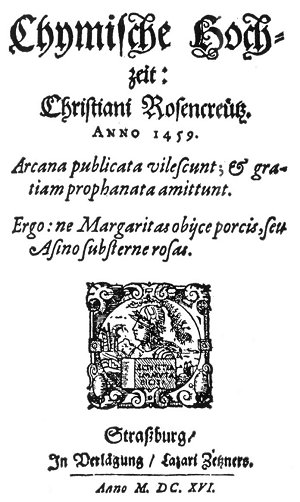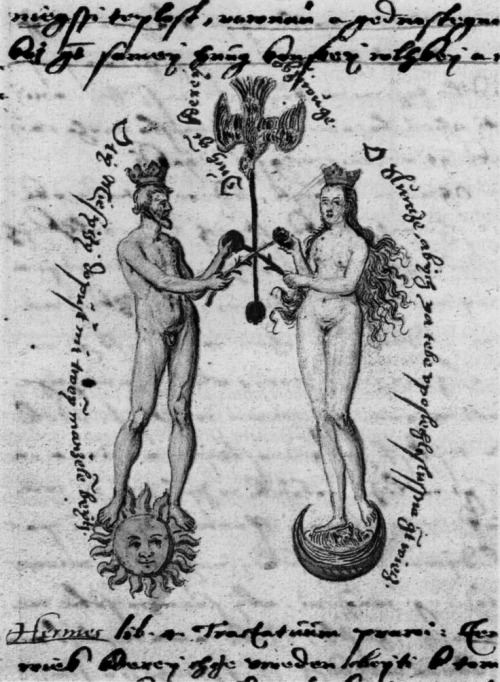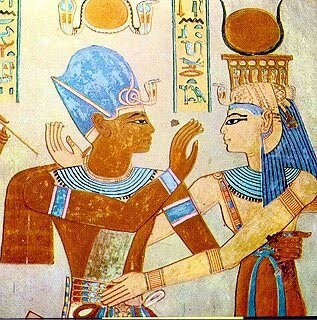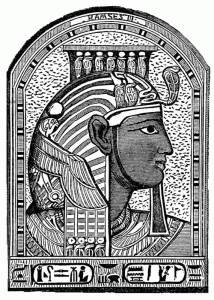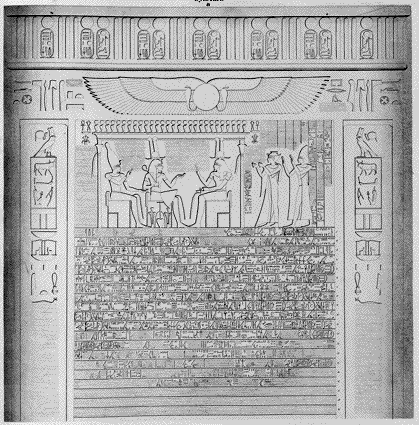 This is the Marriage Stela of Ramesses (Ramses) II. (Some words are missing or undecipherable). In my last article I detailed how this coincides with the real biblical stories of King David, King Solomon and Queen Sheba. King David would be Ramesses II. King Solomon would be the Egyptian Pharaoh Ramesses III and Queen of Sheba would represent the Hittite/Babylonian Princess named Puduhepa; and just as the Queen Sheba travelled to Jerusalem in search of King Solomon, we also find that this Hittite princess left Hattusa, the Hittite capital in late 1246 BCE to meet her future husband.
This is the Marriage Stela of Ramesses (Ramses) II. (Some words are missing or undecipherable). In my last article I detailed how this coincides with the real biblical stories of King David, King Solomon and Queen Sheba. King David would be Ramesses II. King Solomon would be the Egyptian Pharaoh Ramesses III and Queen of Sheba would represent the Hittite/Babylonian Princess named Puduhepa; and just as the Queen Sheba travelled to Jerusalem in search of King Solomon, we also find that this Hittite princess left Hattusa, the Hittite capital in late 1246 BCE to meet her future husband.
Speech of King of Kheta – Thou didst command the land of Kheta, thou takest captive the people — with all their possessions, the eldest daughter being at their head, to before thy beautiful face. Thou commandest them under thy feet forever and ever, together with the whole land of Kheta. While thou shinest upon the throne of Re, every land is under [thy] feet, forever.
The chief of Kheta sent, asking of me permanent peace. Never did he for them. now [afterward] under the great fame of the Lord of the Two Lands, King Ramses (II). – (xxxx) – missing or undecipherable passages
Thou didst command the land of Kheta : The Egyptian pharaohs could never quite accept foreigners as their equals, not even the ruler of a significant empire like Hatti, e.g. as far as is known no Egyptian princess was ever given in marriage to a foreigner. (cf. Marriage as a tool of foreign politics during the New Kingdom)
Then spake the chief of the land of Kheta to his [army] and his nobles, saying: “Now is our land devastated; Sutekh [is] our lord [to protect] us, (but) [he has] not fighting with them. We have been taken captive with all our possessions; my eldest daughter being before them (xxxx)”
Then they [came] with [their] possessions, and [their] splendid [gifts] before them, of silver and gold, marvels many and great, horses to (xxxx) them, (xxxx) living things (xxxx).
(xxxx)to delight the heart of his majesty, saying: “Behold, the great chief of Kheta comes, bringing his eldest daughter, bearing much tribute, being everything (xxxx). The chief of Kheta, together with the chief of [Kode and people] of Kheta, are bringing them. They have traversed many mountains and difficult ways, that they might reach the boundaries of his majesty(xxxx)” His majesty received the [word] (xxxx) [in] the palace, with joy of heart.
When he heard such strange and unexpected matters (xxxx) he commanded the army and the princes to receive in front of them in haste.
Then his majesty took counsel [for] the army with his own heart, saying: “What are these newcomers like! When there goes not a messenger to Zahi in these days of flood on the upper [heights] in winter.” Then he offered an oblation for and for Sutekh. Then he came [pray]ing, saying: “Heaven is (xxxx) and earth is under [thy feet]. That which thou commandest is all that happens. Thou (xxxx)to make the flood and the cold upon the [heights] which thou hast assigned to me, King Ramses (II).” Then his father, Sutekh, heard every [wor]d the army : probably the escort Zahi : Djahi, region in Canaan in winter : The Hittites seem to have journeyed overland in winter, when travelling could be very difficult on the unpaved roads softened by rain.
warriors : mercenaries his army came, their limbs being sound, and they were long in stride. The daughter of the great chief of Kheta marched in [front] of the army of his majesty in following her. They were mingled with foot and horse of Kheta; they were warriors as well as regulars; they ate and they drank [not] fighting face to face between them, after the manner of the god himself, King Ramses (II). The great chiefs of every land came; they were bowed down, turning back in fear, when they saw [his majesty; the chief of] Kheta [came] among them, [to seek the favor] of King Ramses (II).
From Ancient Records of Egypt: The 19th Dynasty edited by James Henry Breasted

Moe is the founder of GnosticWarrior.com. He is a father, husband, author, martial arts black belt, and an expert in Gnosticism, the occult, and esotericism.

